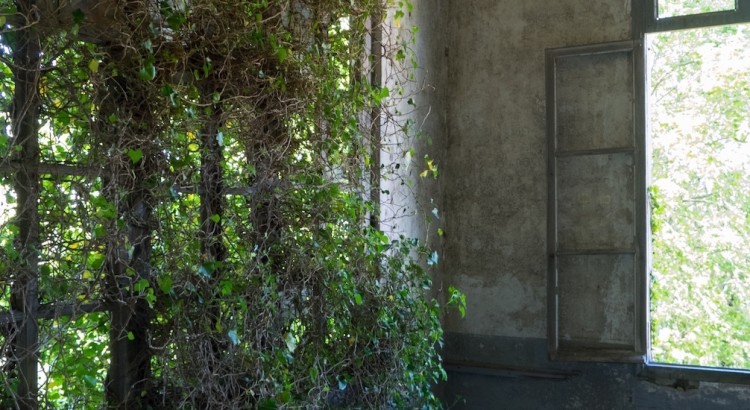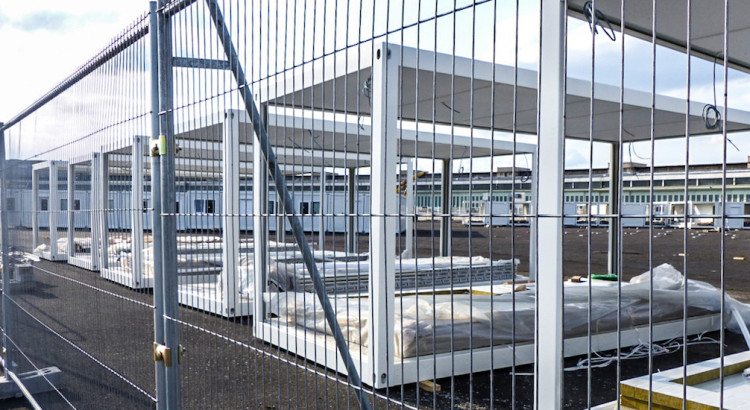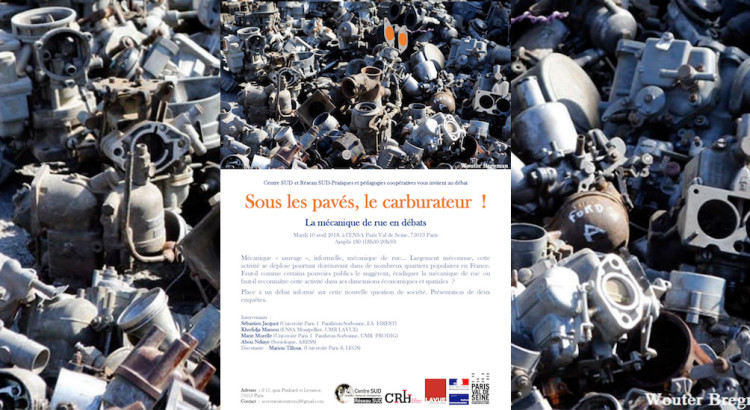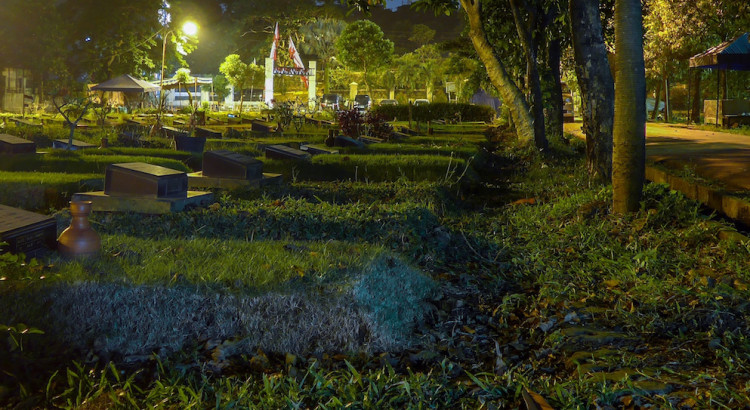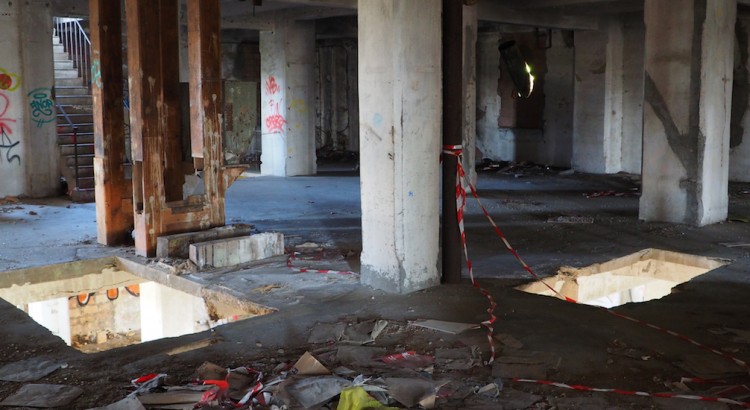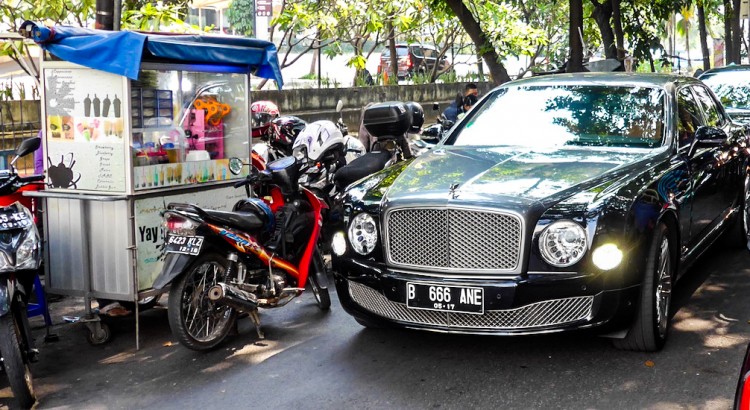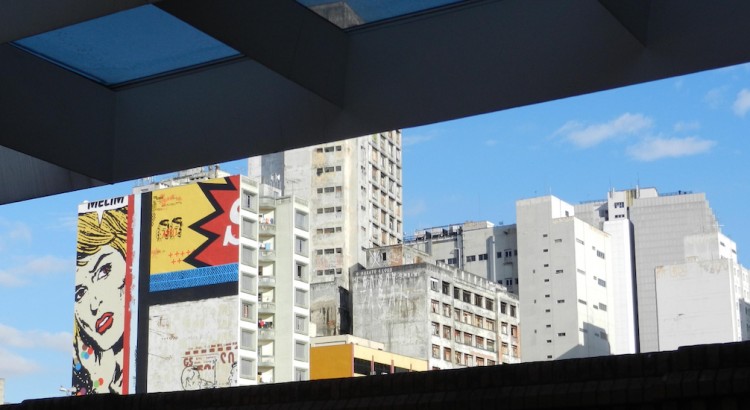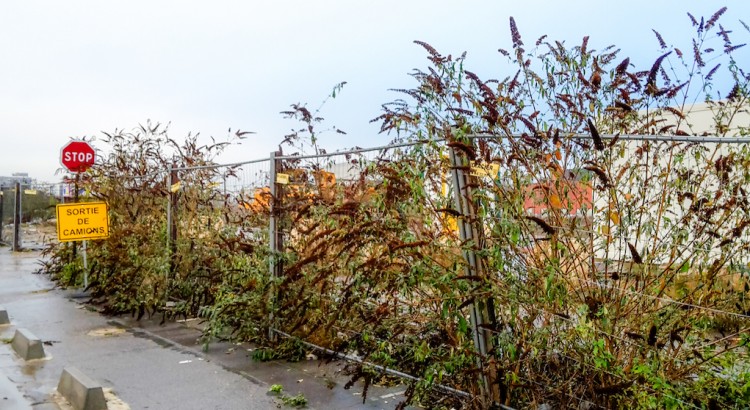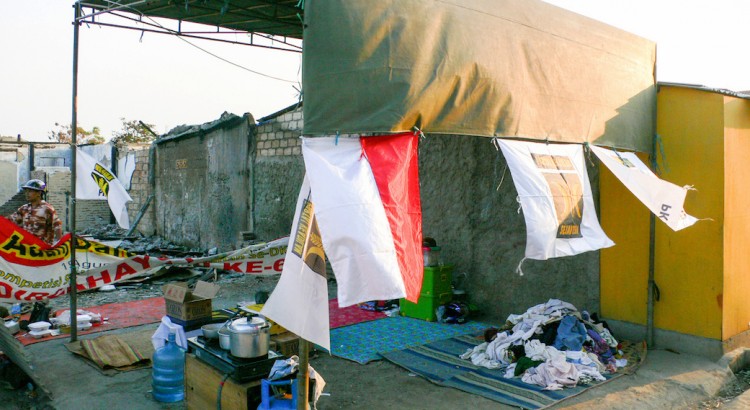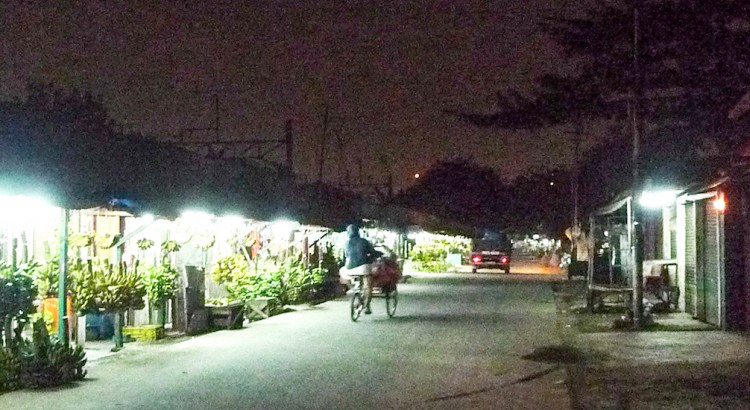New issue of the journal Géographie et cultures on the “Geography of Ghosts“, no 106, directed by F.Barthe-Deloizy, M.Bonte, Z. Fournier, J.Tadié.
Article by Jérôme Tadié (in French): “Seeing Ghosts in Jakarta. The Deceased, Memory and the Urban Environment”.
Abstract:
Based on field work conducted in the emblematic context of the Indonesian capital city, this article analyses the role of ghosts in the relationships between city dwellers and their environment. It considers the significance of the apparitions of the deceased and (in a context where nobody questions their reality) the ways in which they shape the present-day urban space of Jakarta, revealing alternative ways of relating to the urban environment and city life. Apparitions can thus be seen as hinges between different times and different worlds (the visible and the invisible, life and death, etc.). Based on observations conducted on different scales, ranging from simple neighbourhood ghosts to the most prominent ones in popular culture, this article shows not only how they give a mirror image of the Jakartanese society, of its evolution and problems, but also how they shape the places where they appear, by creating a specific relationship to the city dwellers’ temporal, spatial and (meta?)physical environment.
